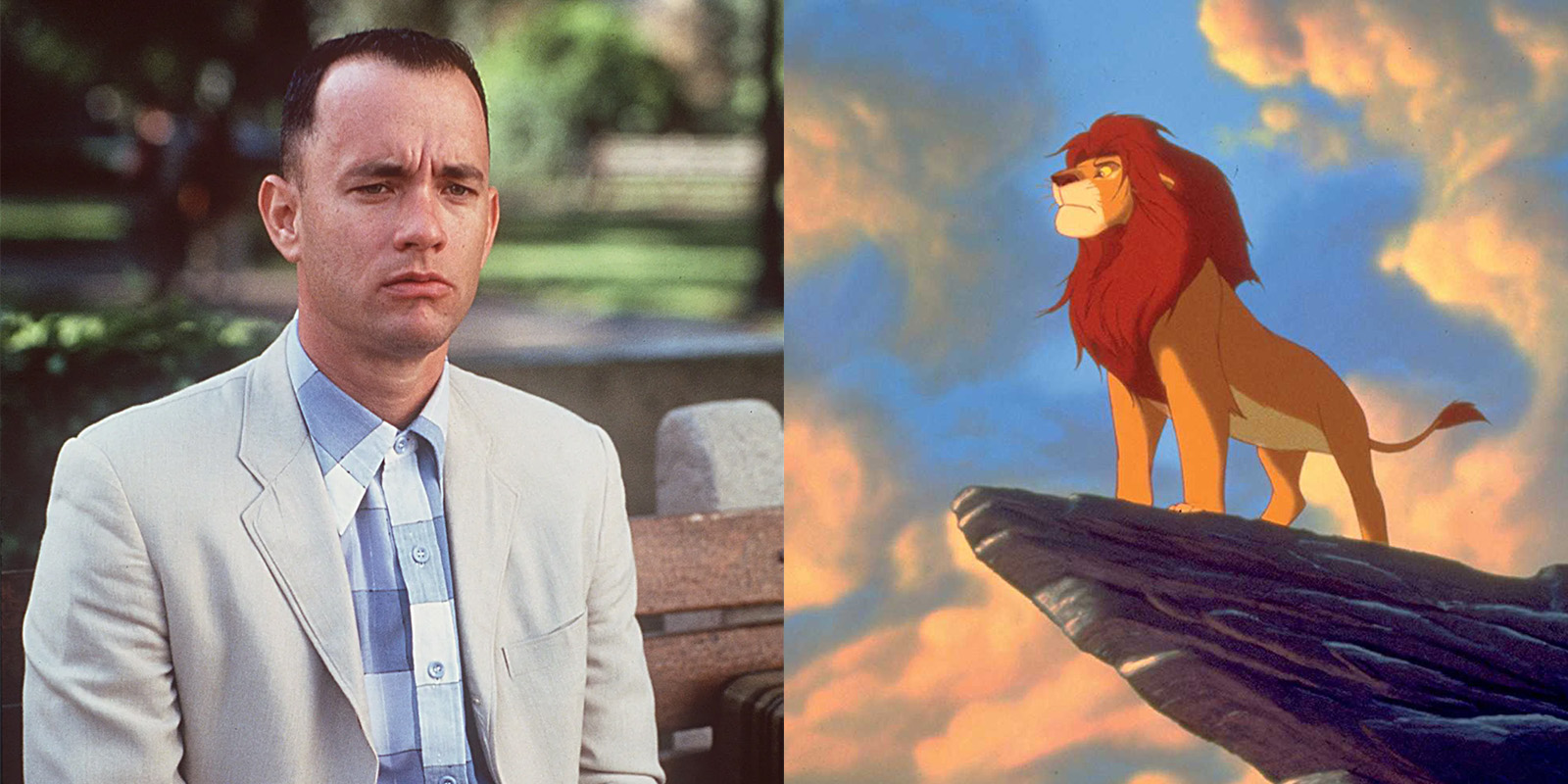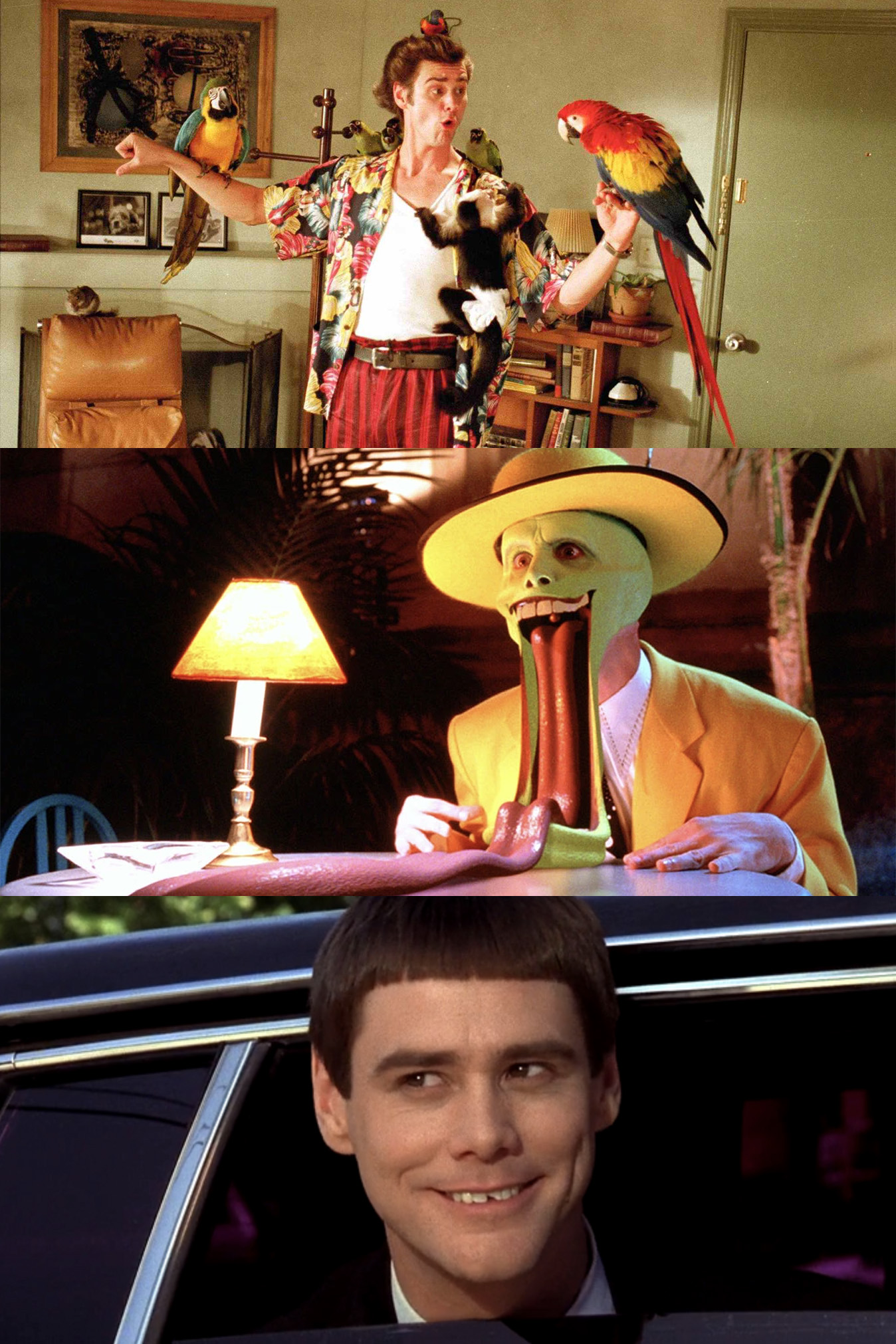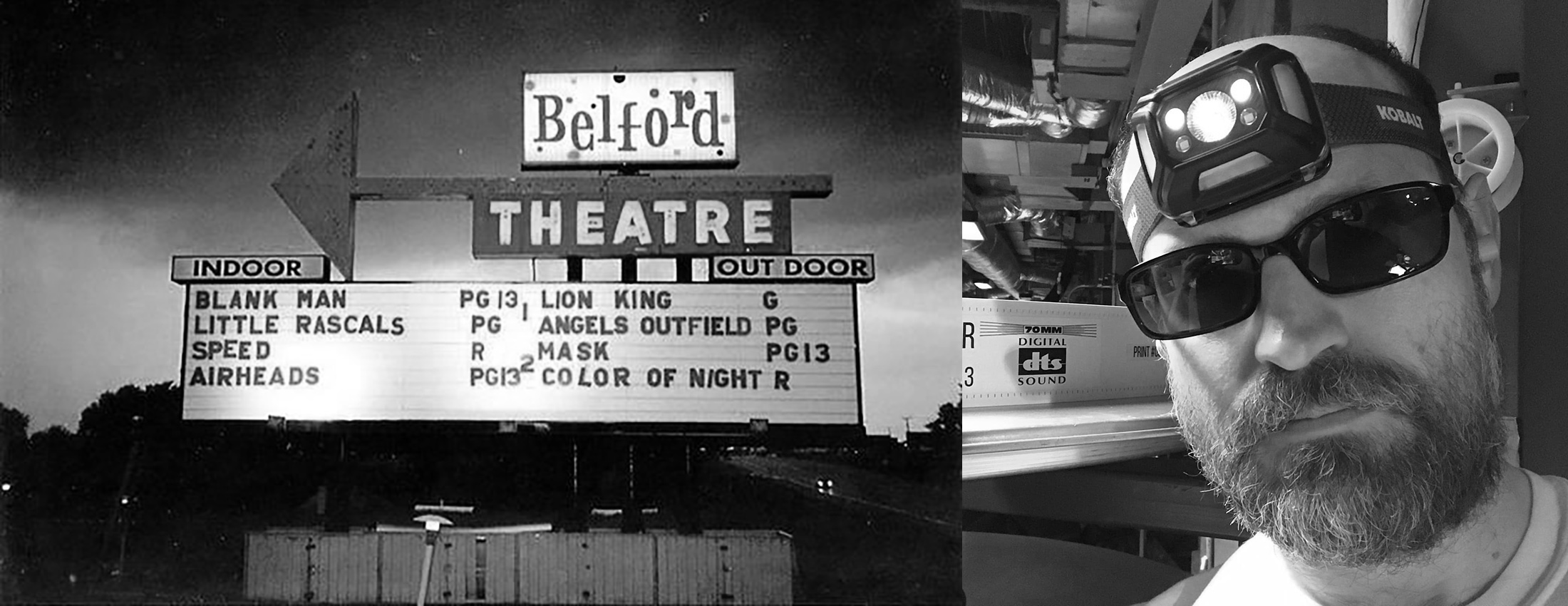With The Worst Part of My Favorite Movie Podcast Host Jonathan Foster
If Speed is celebrating a 30th anniversary in 2024, that means an entire year of cinema is celebrating as well. And indeed, 1994 on the whole is a sort of annus mirabilis worthy of deeper consideration and dissection, for its status as a significant mile marker in movie history as much as it is for Speed‘s place within it. That’s the topic of discussion this week as Jonathan Foster, projectionist and host of the podcast The Worst Part of My Favorite Movie, joins the cause to geek out on an entire slate of releases.
“Nineteen ninety-four was the biggest year for movies ever [up to that point],” Foster says. “The previous record had actually been set the year before, 1993, largely because of Jurassic Park. But in 1994, you had two movies gross over $300 million, Forrest Gump and The Lion King. The top 10 films of that year all grossed $100 million dollars or more, and that was very much the standard by which a film could justifiably be called a blockbuster. Back then, that was a relatively exclusive club. And it was the first year that a studio made a billion dollars or more in ticket sales, that studio being Disney. It’s funny because now, certain movies are billion-dollar grossers, but that was the first year that a studio made a billion dollars and more.”

When you look at 1994 today, it’s hard to argue that it’s not a banger year for movies. Popular and critically acclaimed classics all around, to say nothing of films whose status and reputation have only grown in the three decades since. Nevertheless, when you look at contemporaneous reports and analyses, studios and critics alike concluded that 1994 was a bad year for movies.
“Here’s where they agreed: there were too many movies and too many bad movies,” Foster says. “Now, their definitions of bad movies differed. For a studio, obviously, a bad movie is one that loses them money, and there were a bunch of those in 1994. There had been an increase in production at most studios around this time, and that ended up being part of the problem.”
And yet, you can draw a tenuous line from today’s Hollywood business status quo to 1994 in some sense. Sure, there were a lot of box office disappointments. Big stars like Kevin Costner, Julia Roberts, Eddie Murphy, Warren Beatty, Arnold Schwarzenegger and Nick Nolte all racked up flops on the year. But the movies that hit, hit big, and that may well have kick-started a warped mentality at the studios.

“We all kind of bemoan the death of the mid-budget movie,” Foster says. “But I think you can begin to see studios trending away from those kinds of movies because of successful years like 1994. I came across this quote from [Fox’s former distribution president] Tom Sherak, and he basically was saying, like, you either open big or you die. He said, ‘There’s no middle ground. It’s easier to do $100 million than $50 million. You knew The Santa Clause would do $100 million the day it opened. With Nell,’ the Jodie Foster movie, ‘we’ll have to fight to get to $50 million, and we won’t even get there.’ So, you know, Hollywood doesn’t always learn the right lessons, but it does feel like, to me, that the thinking began to shift after these big mid-90s hits.”
Another interesting quality of the year is that, while a few perennially dependable stars may have been misfiring, new voices were crowding into the mix. Nineteen ninety-four ultimately saw the rise of talents like Quentin Tarantino, Kevin Smith, Jim Carrey, David O. Russell and, indeed, Keanu Reeves and Sandra Bullock. We cover it all, from high-flying successes like The Flintstones and True Lies to fascinating case studies like The Last Seduction and Natural Born Killers and quite literally all points in between.
And for Foster, who recently embarked on an epic quest to watch every Oscar-eligible film from 1994, the sense of discovery when looking back is still palpable.
“I watched Thirty Two Short Films About Glenn Gould recently,” he says. “I watched What Happened Was. I watched Vanya on 42nd Street. I watched Dangerous Game. All those movies, it’s, like, ‘What is this thing, and where will it lead me next?’ And that’s exciting to me.”
All of that and more on this week’s episode of 50 MPH!
